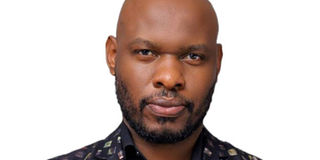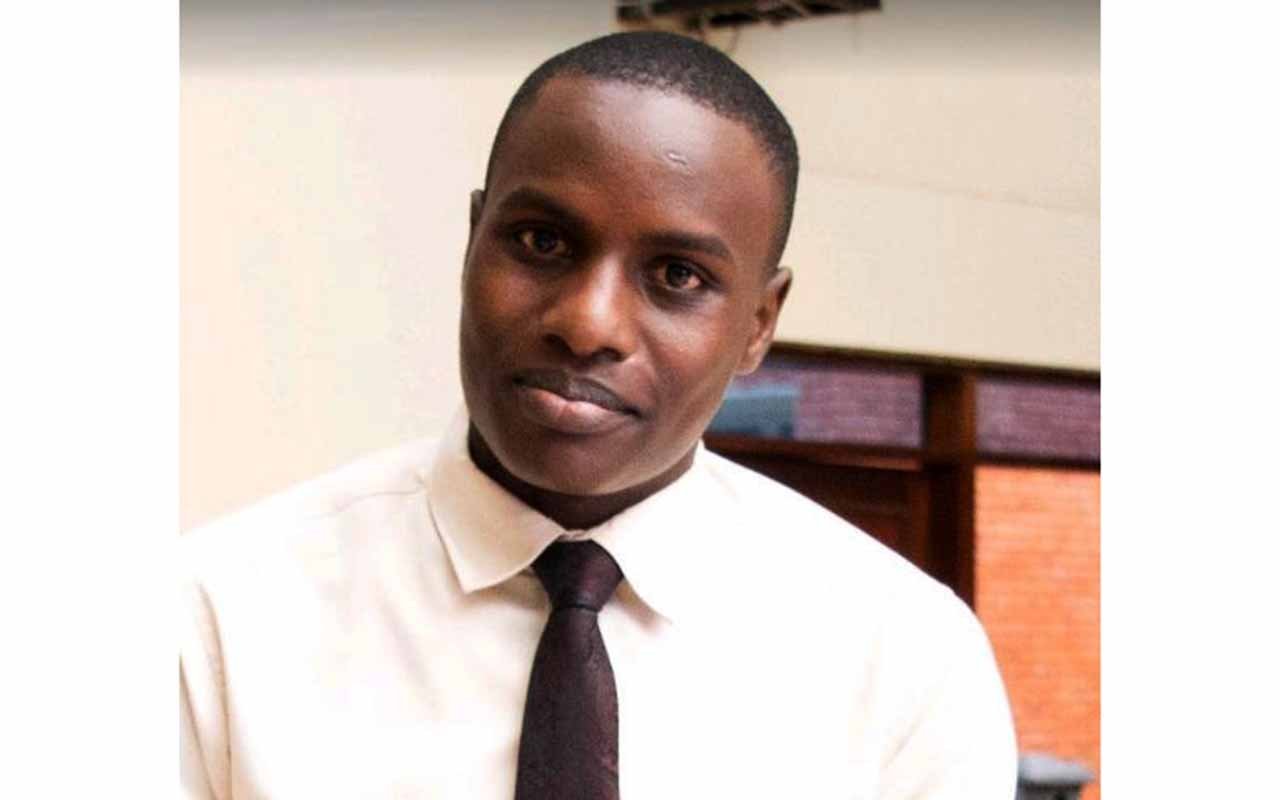
Robert Kigongo
Each time I turn on the news on various platforms, there is always drama being reported around the 11th Parliament. From corruption scandals, censure motions, poor quality of debate, sanctions and arrest of lawmakers, among other negative news.
Unfortunately, these tend to undermine Parliament at the detriment of constitutionalism and accountable governance.
In African democracies such as South Africa and Kenya, I have watched legislators debate freely, square up and even challenge the speaker. That’s how democratic parliaments – ones that are representative, open and transparent, accessible, accountable and effective – flourish.
But in Uganda lawmakers seem to fear to anger their Speakers. I have watched a short video that went viral that seems to depict Speaker Anita Among as denying Ntungamo Municipality MP Yona Musinguzi chance to speak on the floor of Parliament, with the Speaker allegedly threatening to expose the private businesses of the MP. If it’s indeed true, then this violates the rules of procedure.
Denying a representative of the people a chance to speak defies the very meaning of the word ‘parle’, which means to talk in Latin.
Something must be done to protect our Parliament. As citizens, we are duty-bound to defend and protect our Parliament, which is the corner stone of good governance through participation.
For example, the parliamentary exhibition on X not only exposed corruption, but increased citizen’s participation in parliamentary affairs. The live broadcasts of plenary sessions on both mainstream and social media is a good gesture of transparency and accountability.
We need to collectively safeguard the doctrine of separation of powers so that no single arm of government dictates over another. The biggest threat to a democratic Parliament is an Executive that subdues the Legislature.
In Uganda we saw this practice rare its ugly head. The most recent example was from the appropriation Bill where the President refused to sign until his interests of Shs750b that had been reallocated by MPs were taken care of.
For checks and balance, Parliament should be able to carry out its oversight role like we see in advanced democracies without any impediment. We have previously seen Leader of the Opposition in Parliament (LoP) Joel Ssenyonyi denied access to the Lubowa International Specialised Hospital, a project that is being financed using public money. On issues such as this, MPs from across the divide should unite to see that powers of Parliament are respected.
We also need to educate citizens about the role of Parliament, instead of pressuring legislators for humanitarian aid.
While we operate in a multiparty democracy and political parties are allowed to caucus, these groups should not be used to silence MPs. We recently saw this when the ruling NRM party refused its members from signing the Theodore Ssekikubo motion that sought to censure parliamentary commissioners who pocked Shs1.7b in “service awards”. MPs should be allowed to represent the views of their people.
Dear legislators, you need to stand up and speak up, least out Parliament loses relevance.
The writer is a sustainable development analyst, [email protected]








